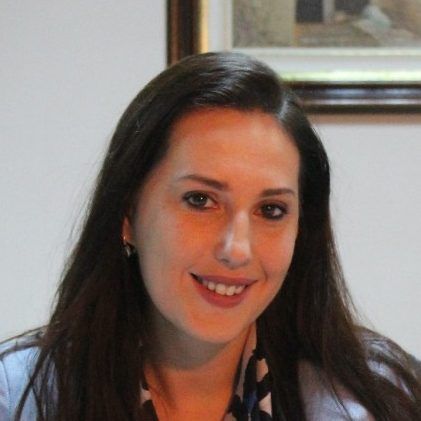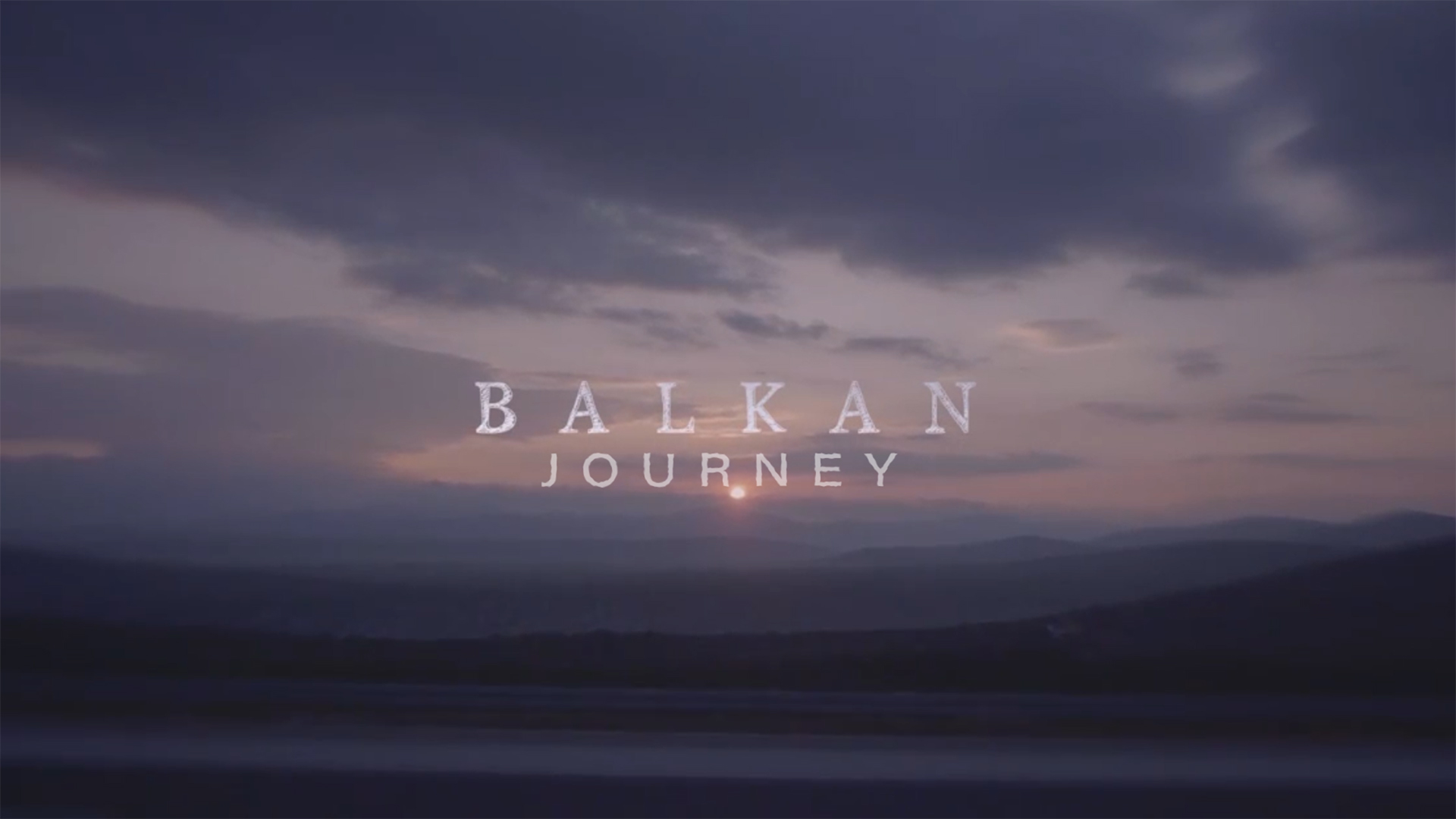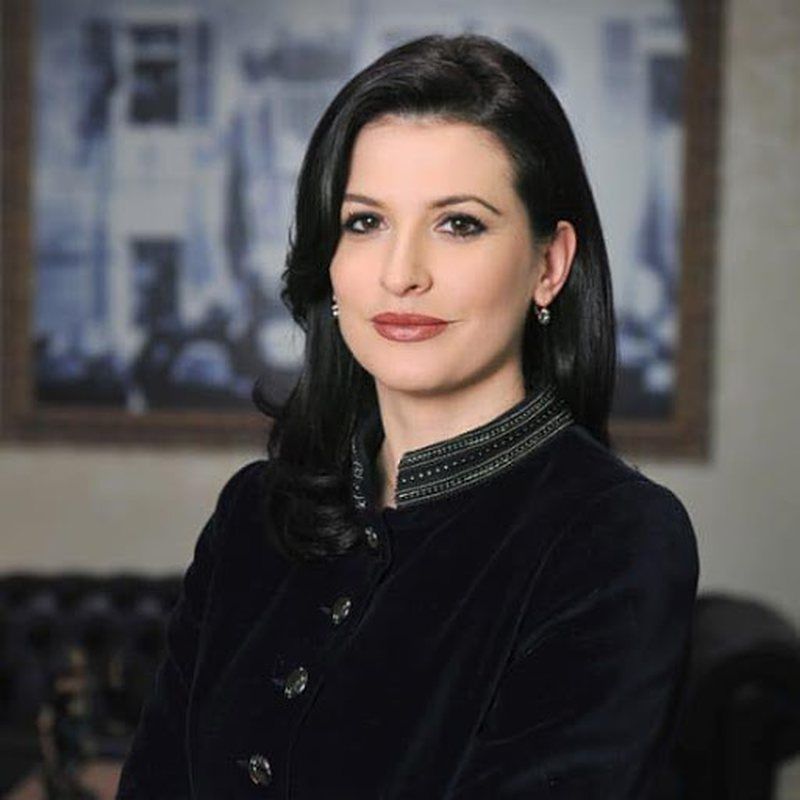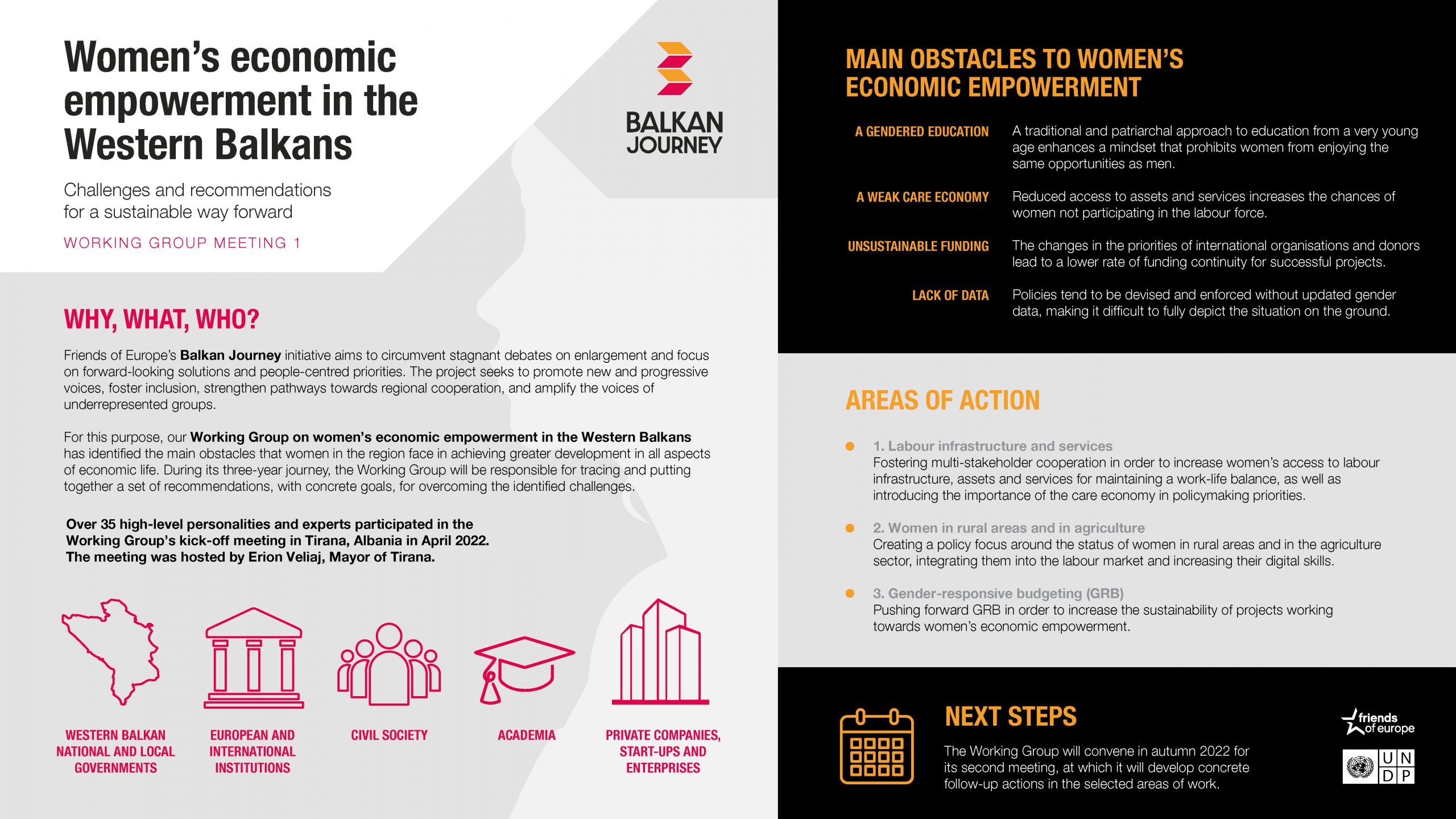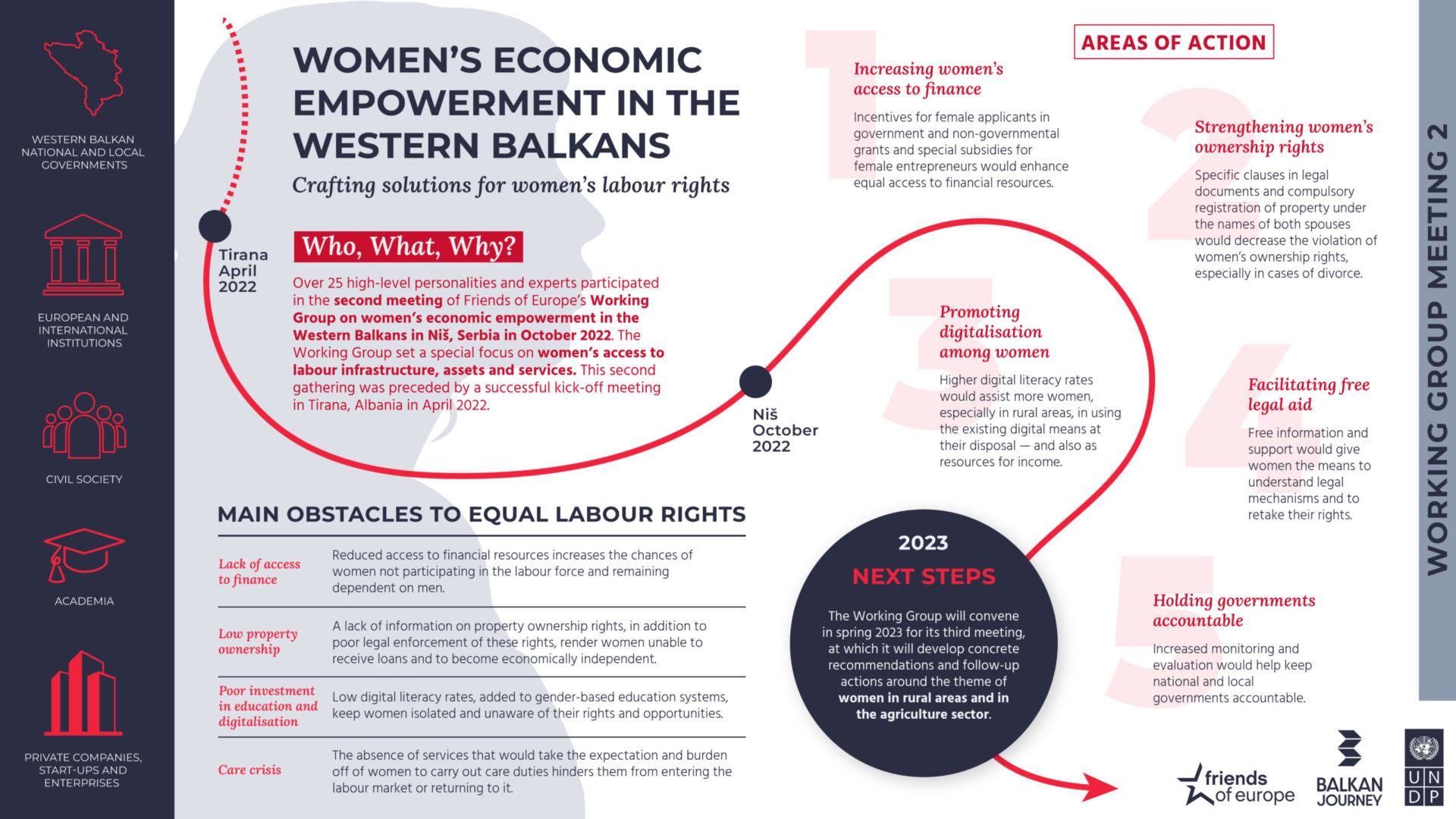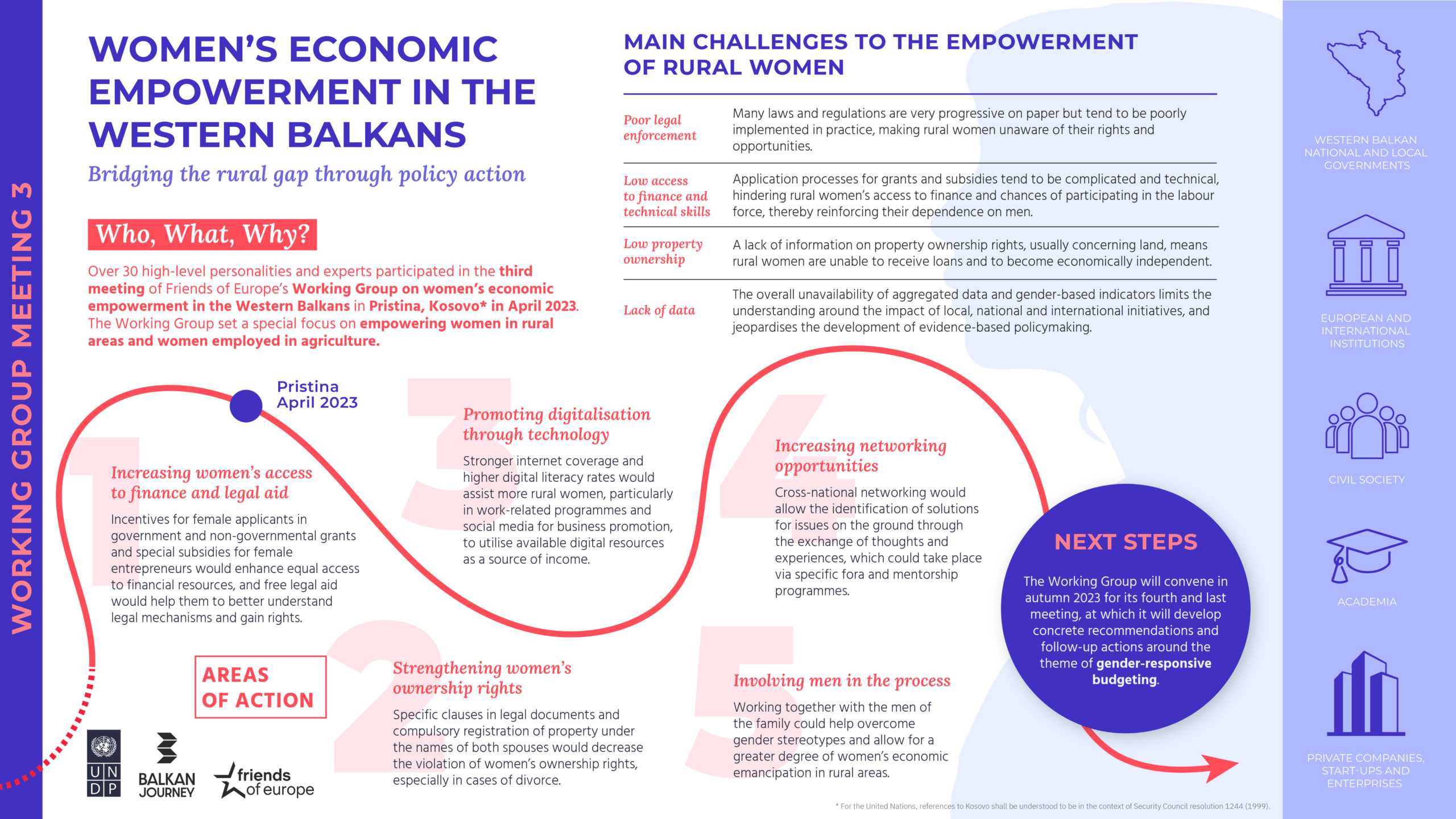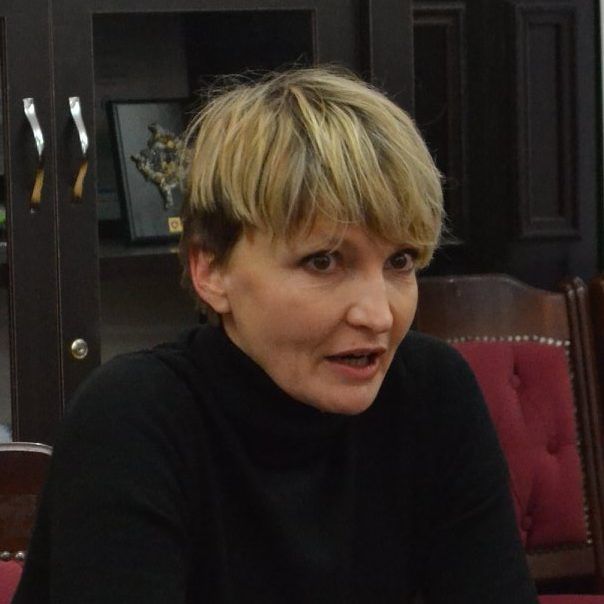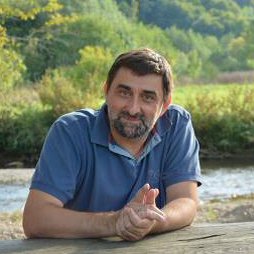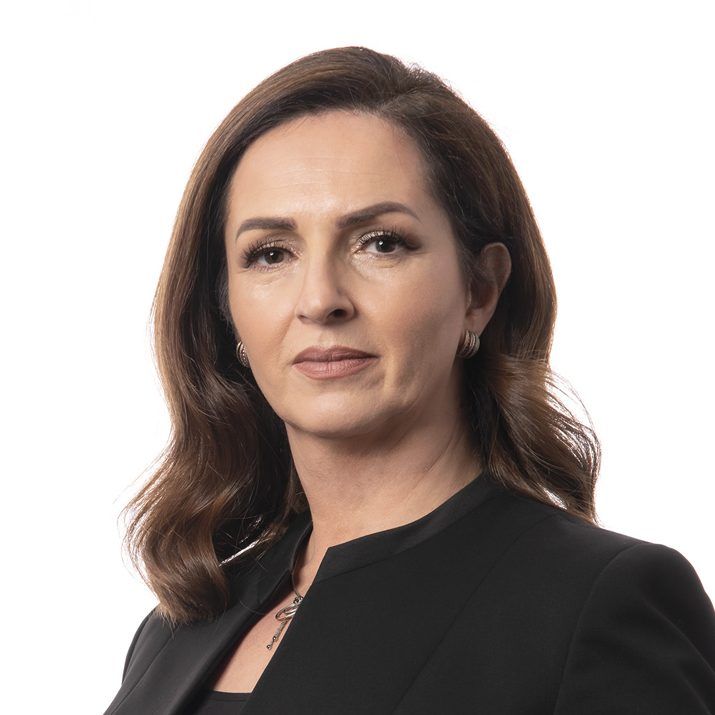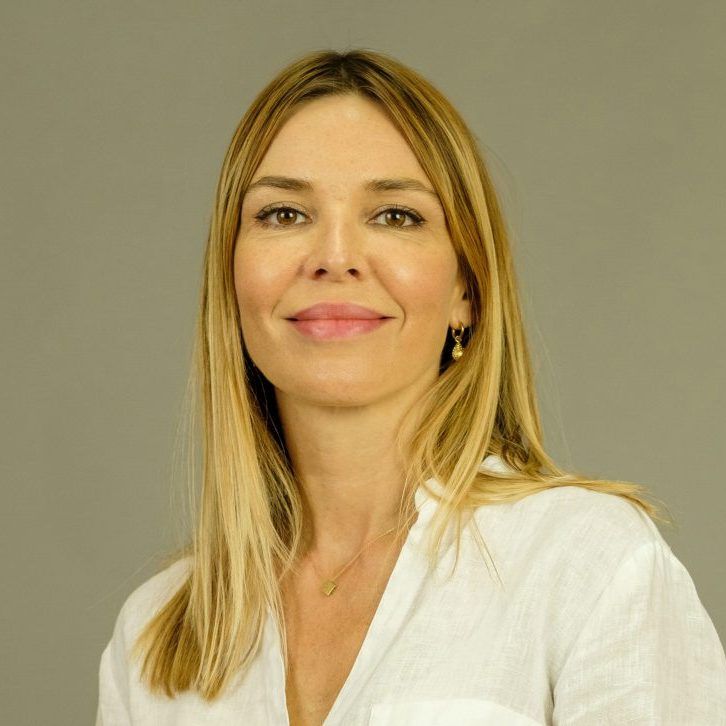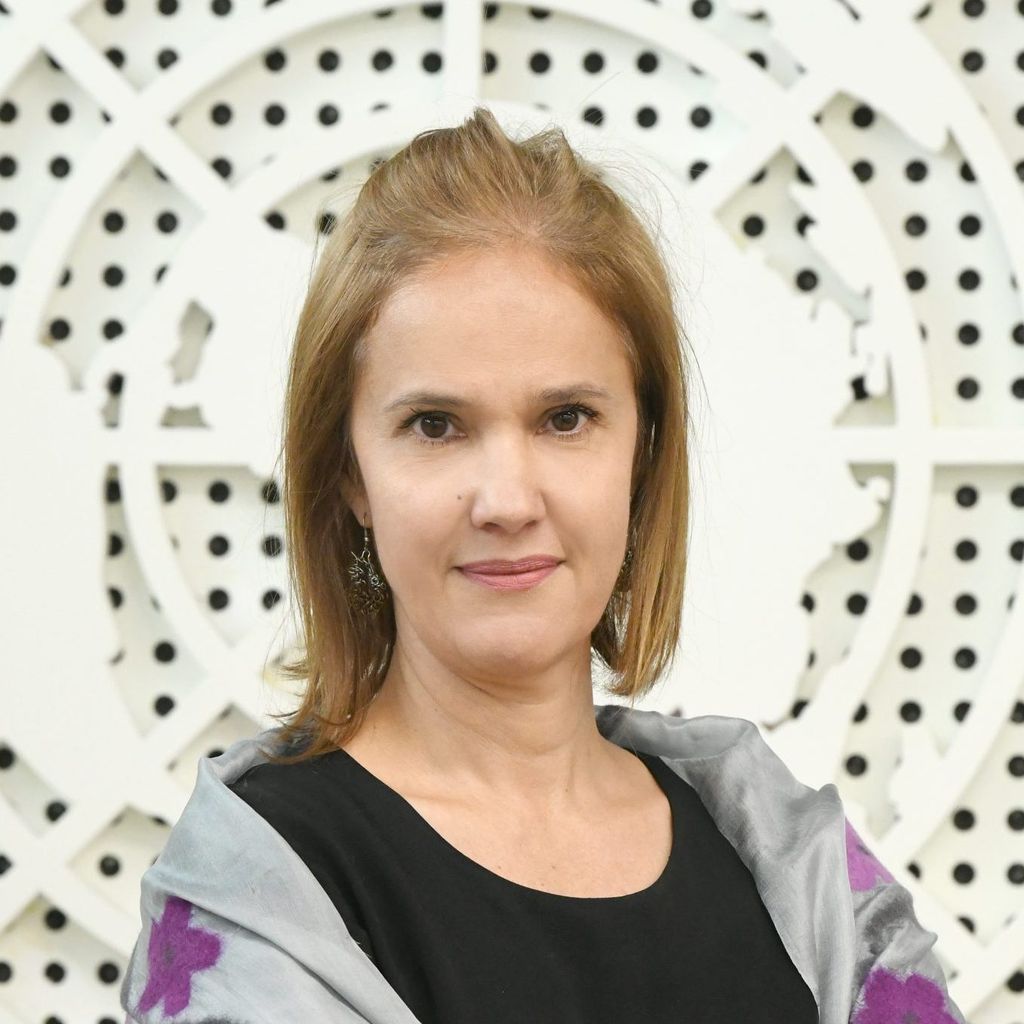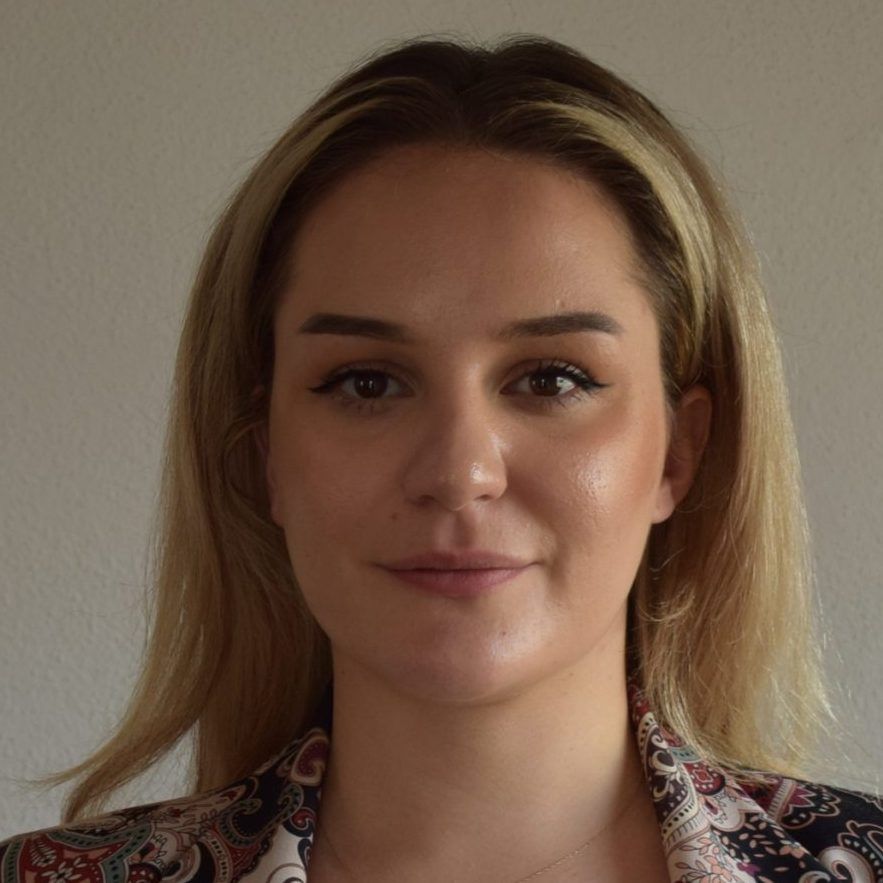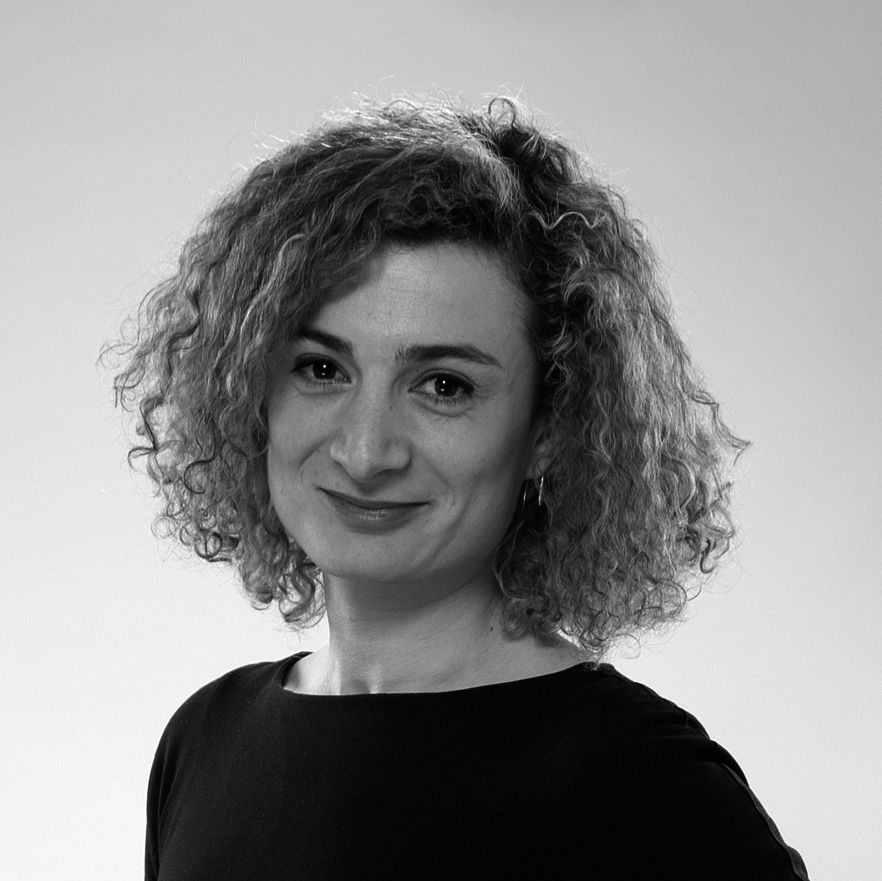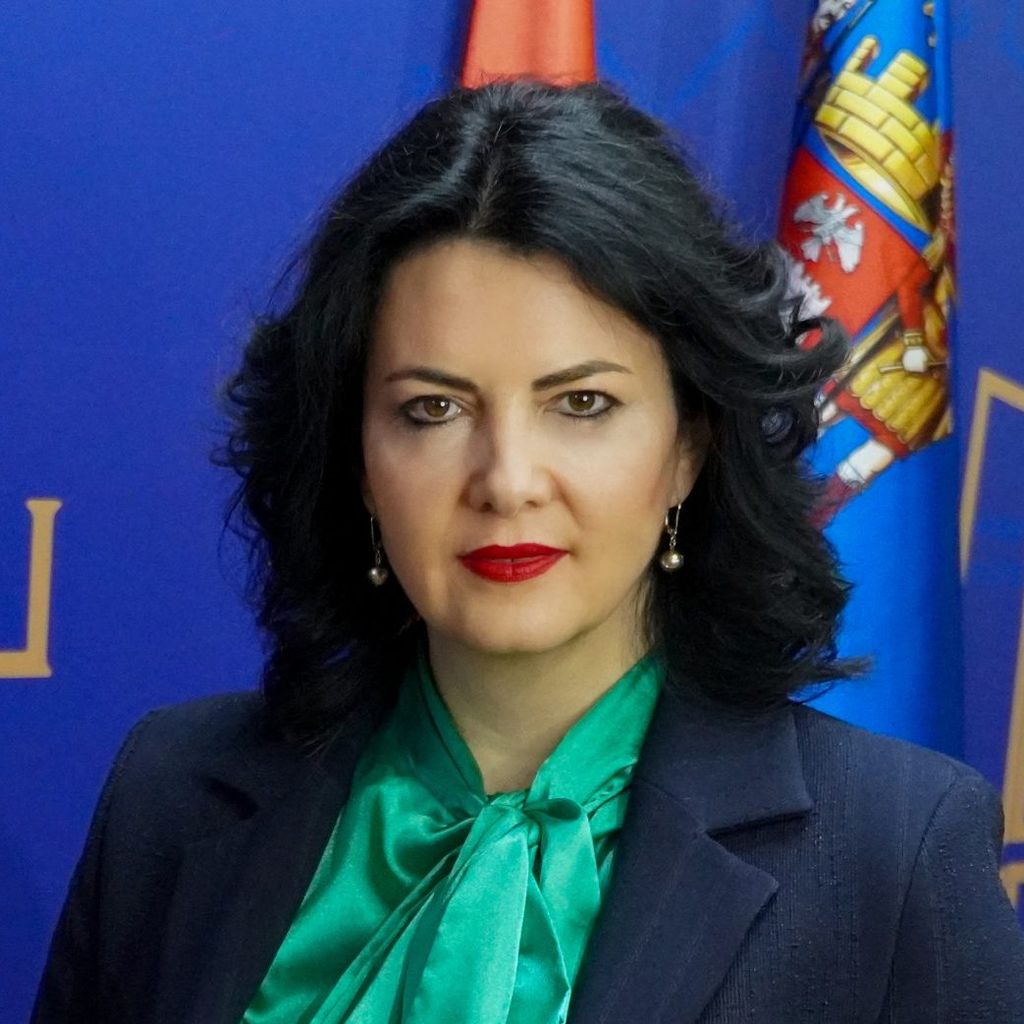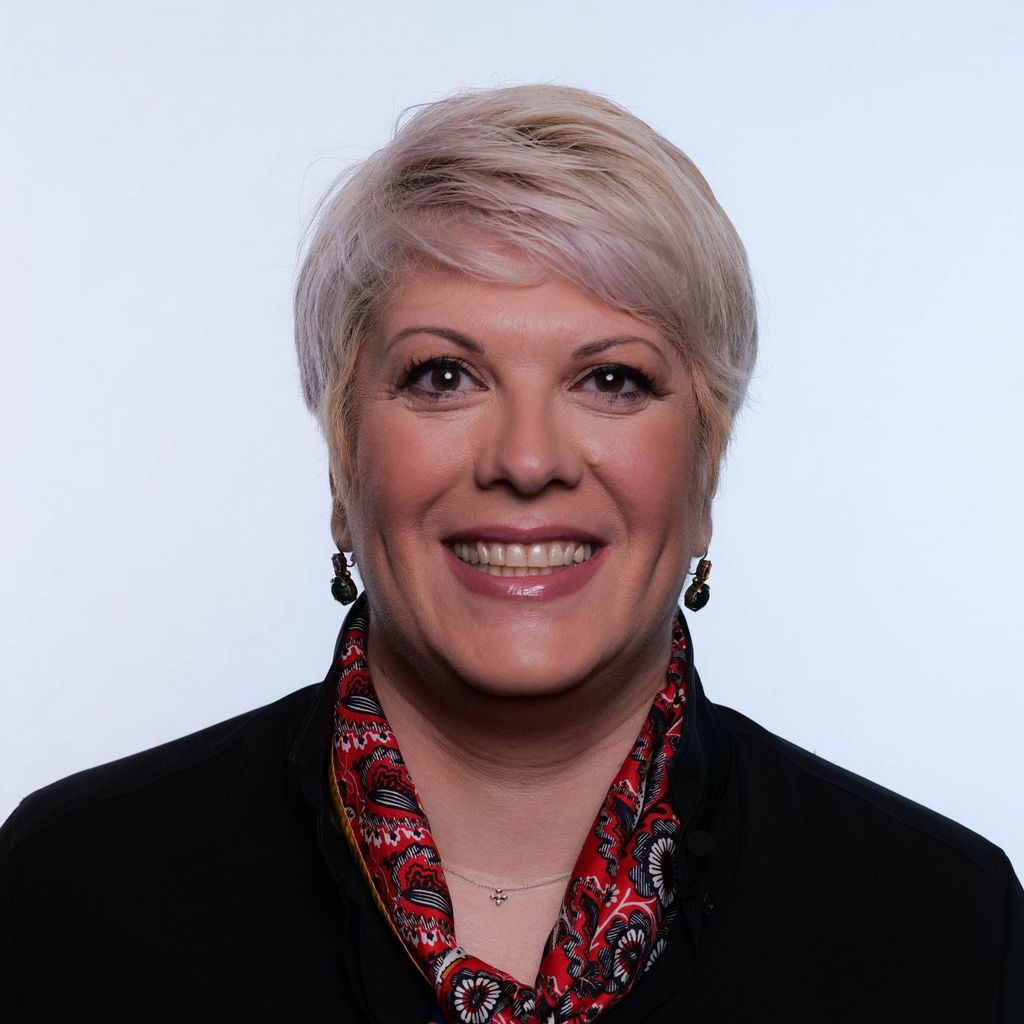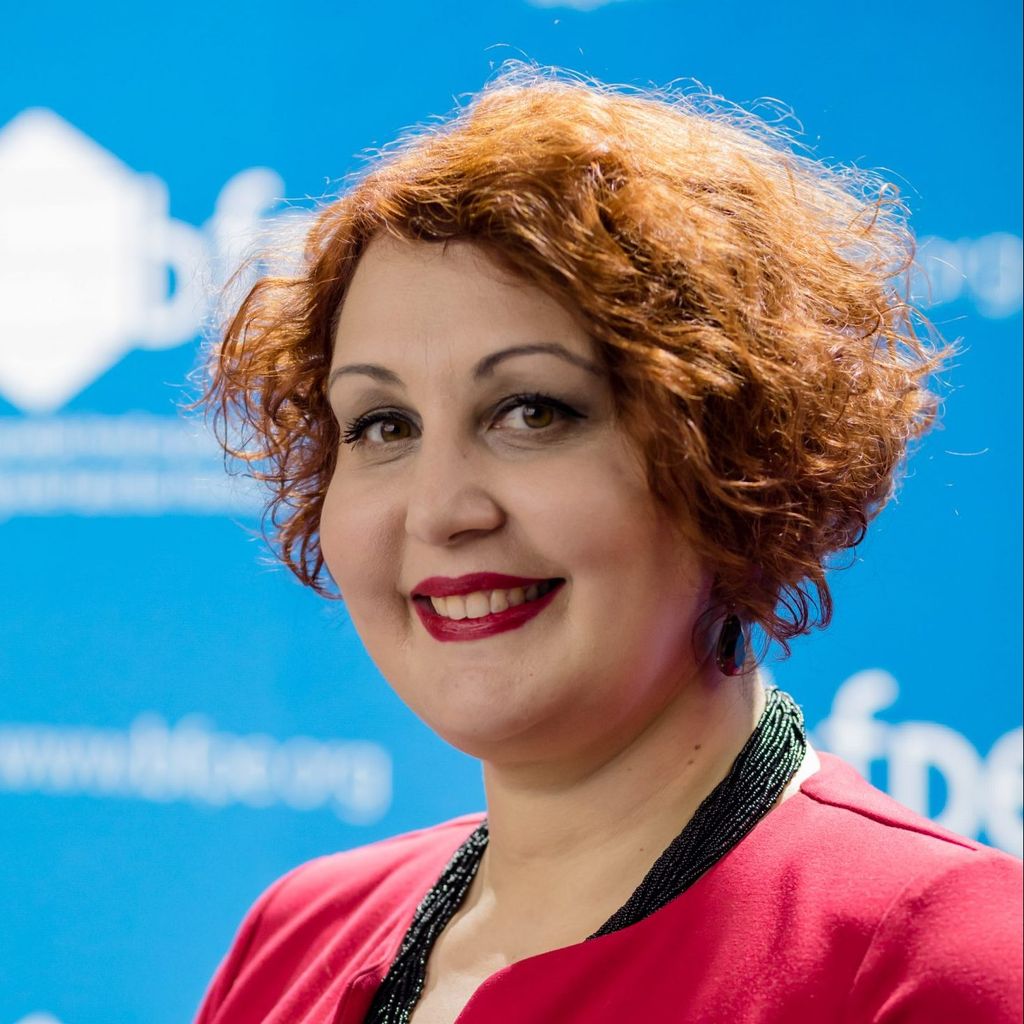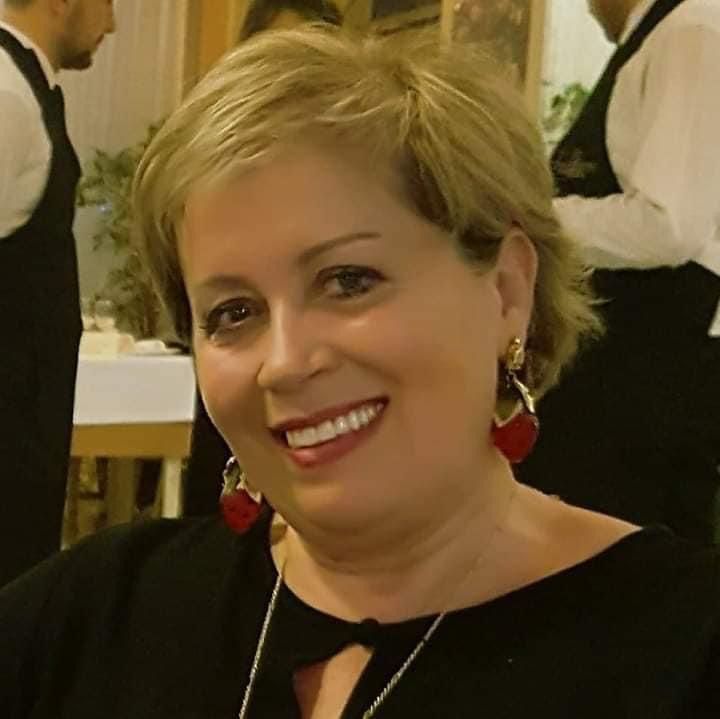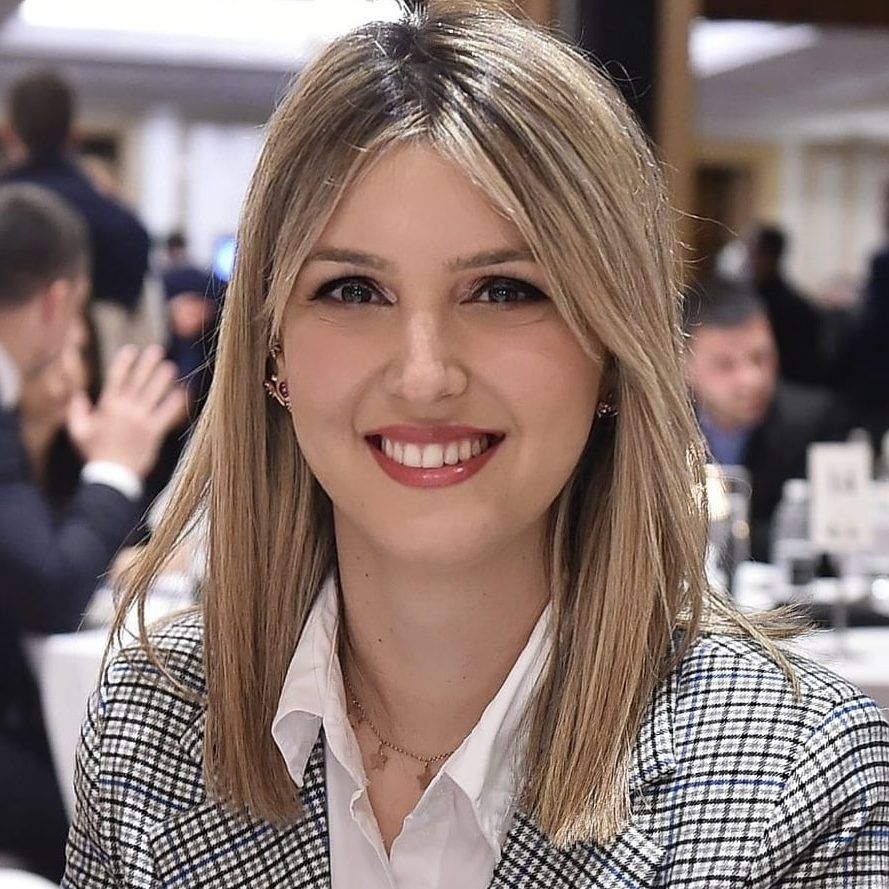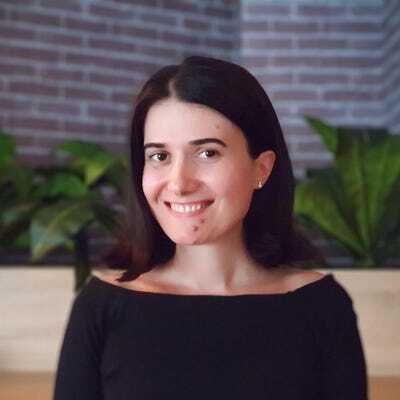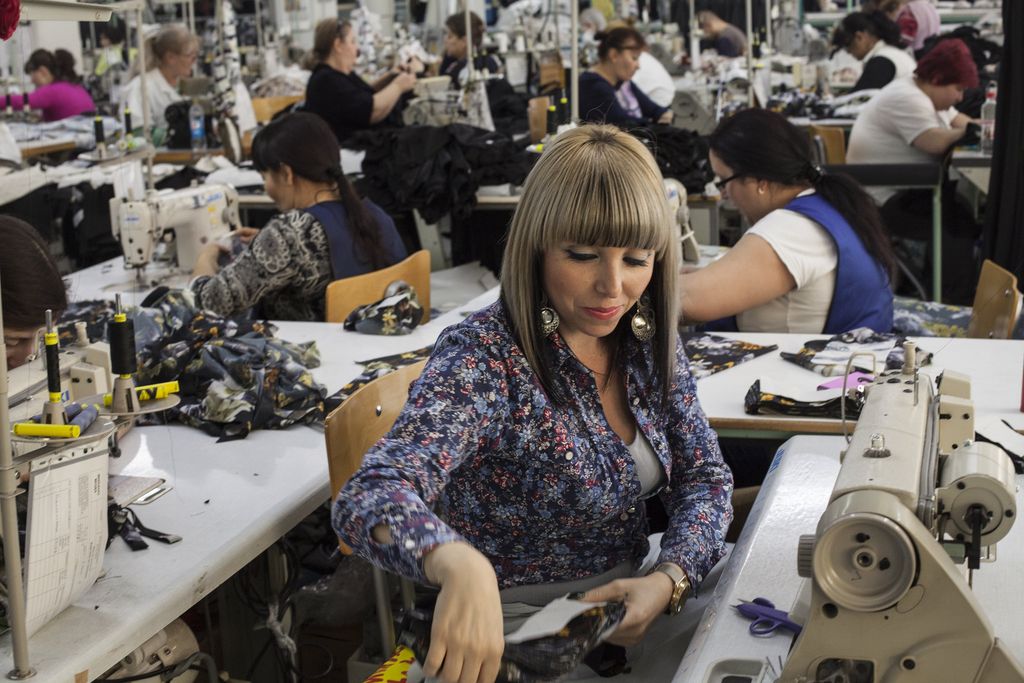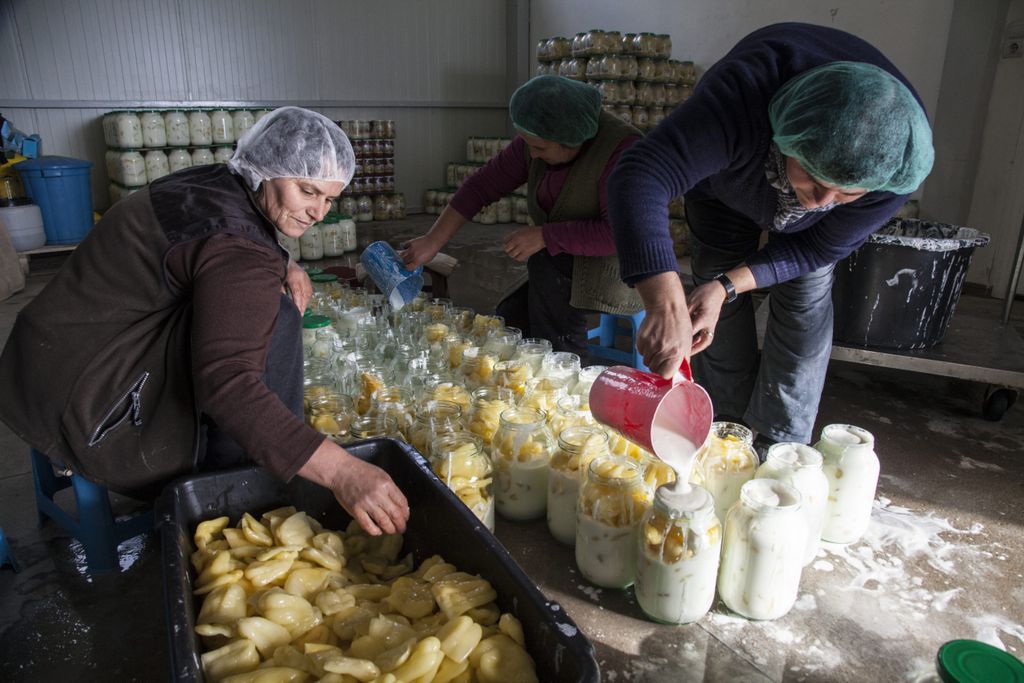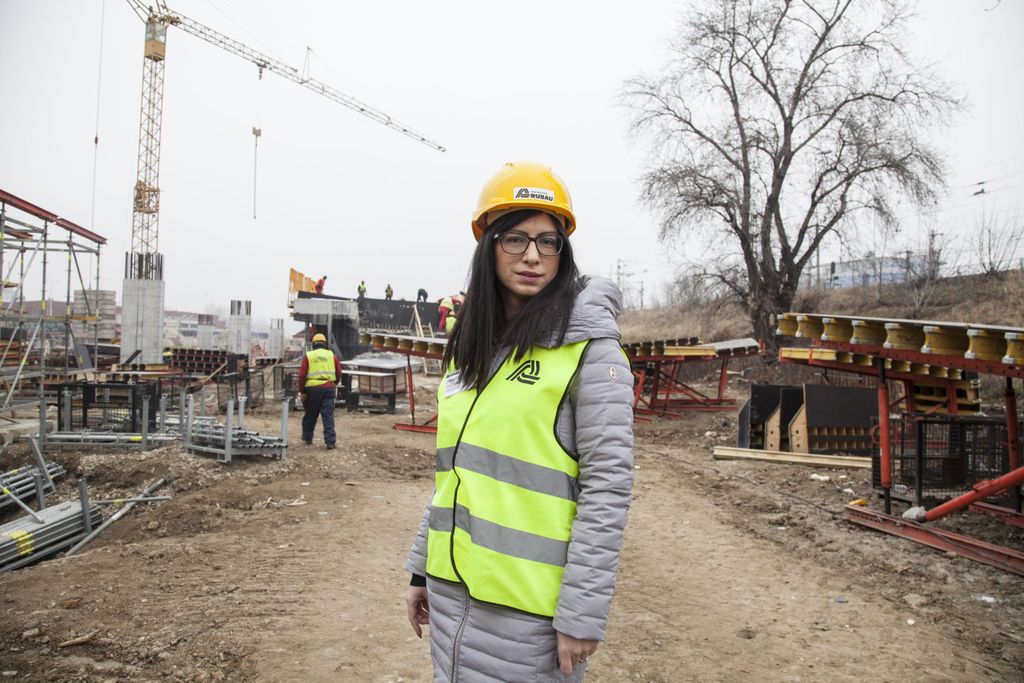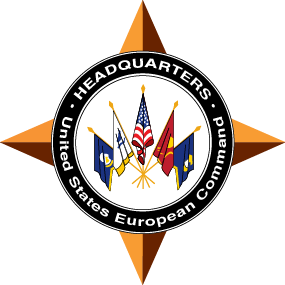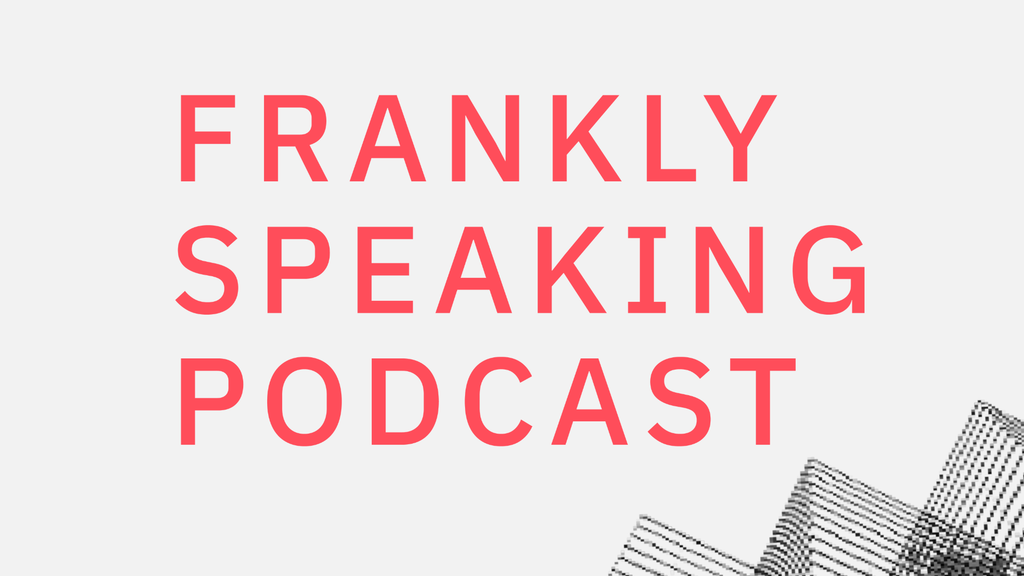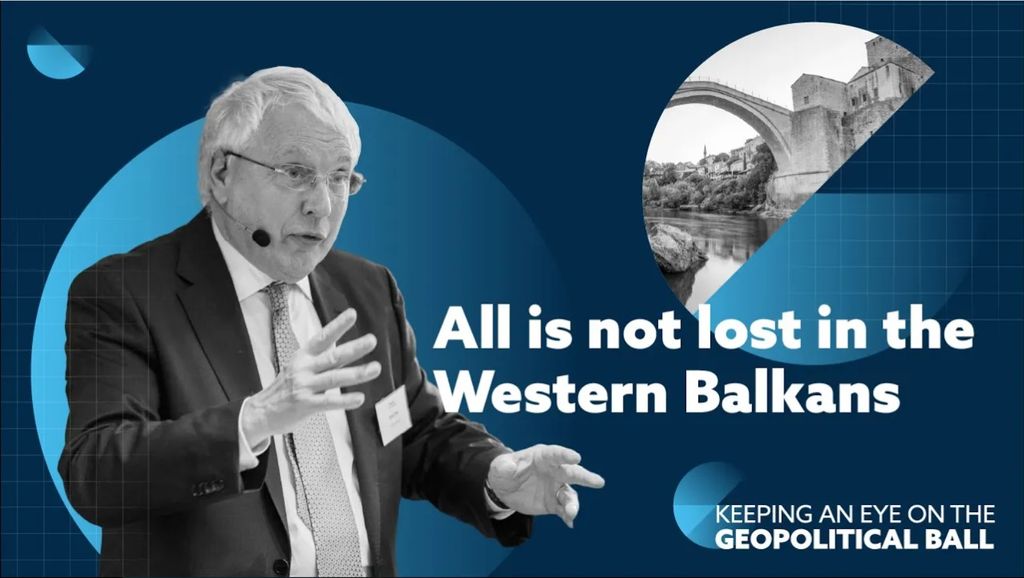Friends of Europe’s Balkan Journey seeks to circumvent stagnant debates on enlargement in order to focus on moving the region forward in practical terms through political imagination and forward-looking solutions. Reframing the narrative to focus on people-centred priorities rather than political objectives can bring a fresh policy perspective to overwrought discussions on how to strengthen and develop the Balkan region and close the gap to the EU.
The prospect of EU accession often frames the Balkans’ narrative. Democratic and economic growth are intertwined with the enlargement protocol, tying the Balkan region’s advancement to its EU aspirations. But as the process drags on, frustration grows and steps forward falter – perhaps the time has come for both sides to revitalise this approach.
Development prospects need to go beyond the end goal of EU membership. The benefits of a robust democracy, stable economy and social evolution should be goals in themselves, forging a foundation for a thriving region with its roots in durable peace, reconciliation and resilience.
The goals for a resilient region and EU accession are the same. But it is time to recalibrate the talking points. A greater focus on inclusion and amplifying the voices of women and youth is one clear path forward. Other priorities include digital transition, green transformation, increased regional cooperation and the strengthening of democracy and rule of law. Our journey engages with these overlapping and interlinking themes, promotes new and progressive voices, and fosters pathways to regional cooperation, resilience and inclusion.
Through an article series, conversations with key stakeholders and a novel working group on women’s economic empowerment, in addition to our flagship annual summit, this Balkan Journey compiles ideas, concerns and suggestions from across all sectors of society, the EU and international organisations, informing debate and concrete policy recommendations for a region with infinite untapped potential.
